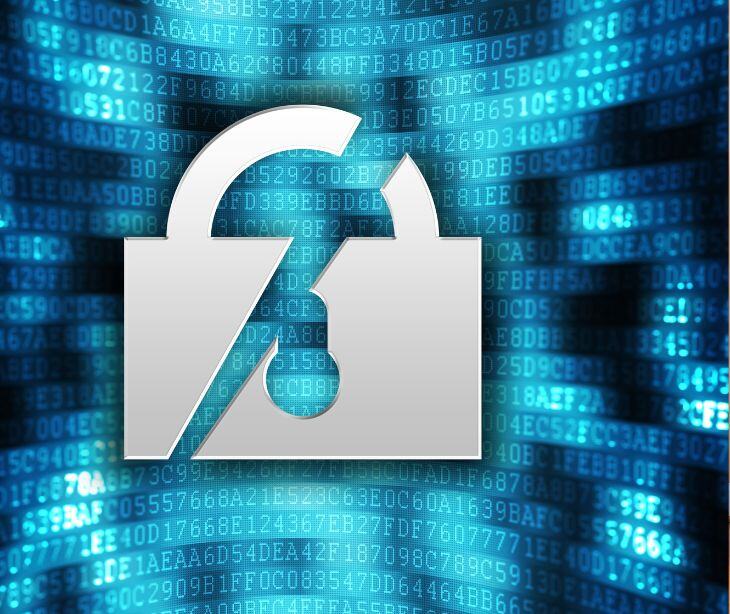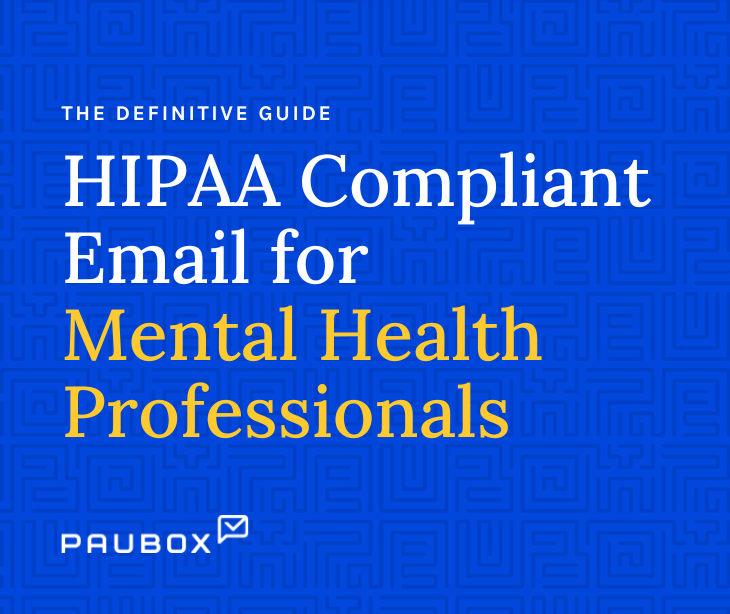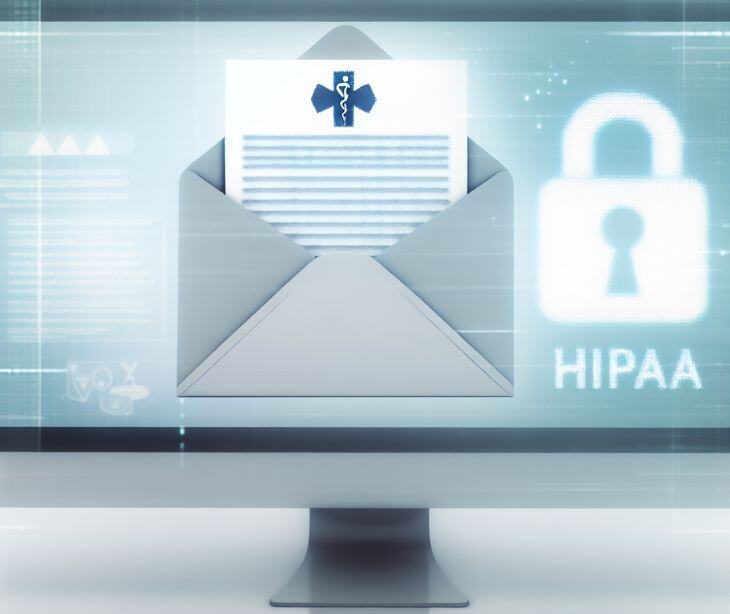2 min read
Why encryption isn't enough for HIPAA compliant mental healthcare communication
Caitlin Anthoney October 04, 2024

Mental health professionals must use a HIPAA compliant email service to protect their clients' sensitive patient information during electronic communication.
The vulnerabilities of standard emails
A study on current digital privacy issues in mental healthcare explains that emails have several advantages over face-to-face communication, including "more permanence and spontaneity than oral conversations."
However, “when communicating about protected health information (PHI), email is more vulnerable to unintended breaches/losses than in-person communication.”
Providers "maintain less control over the third-party systems that send and maintain email," which could expose client information to unintended breaches. Emails are highly vulnerable to human error or phishing attacks.
Furthermore, an empirical investigation of mental health providers' electronic patient communication found that "24.8% of surveyed psychologists reported breaches to their digital mailboxes."
These findings show just how commonplace email-related data breaches are within the mental health treatment environment. Even if there isn’t a breach, metadata attached to emails can leak sensitive information, while spyware and malware can use email as a backdoor to access PHI.
These data breaches can result in severe legal and financial consequences for mental health providers. Moreover, once a breach has occurred, it is very hard to regain a client's confidence, especially when sensitive personal and medical information is at stake.
Read also: How HIPAA compliance improves patient trust
Using encrypted emails
Considering the risks, mental health professionals must secure their email communication. The previous study proves that using encrypted email services to communicate with clients is the best practice.
Encrypted email services, like Paubox, automatically encrypt all outgoing emails, making the information unreadable to unauthorized receivers who try intercepting it. Emails are protected from the time they are sent, accessed, or read.
These services are integrated with existing email systems like Gmail, Outlook, and Office 365. So, mental health providers can continue with their standard email platform but with the added protection of HIPAA compliant encryption.
Setting up HIPAA compliant emails
Mental health professionals must adhere to the Health Insurance Portability and Accountability Act (HIPAA).
Although using standard email services, like Google Workspace, provides some encryption, it depends on the recipient's email servers supporting transport layer security (TLS). If the recipient's server does not use TLS, the connection will not be secure, leading to a potential HIPAA violation.
Therefore, mental health professionals must use a HIPAA compliant platform, like Paubox, to safeguard health information during transit and at rest.
When choosing a HIPAA compliant email service, providers must ask:
- Does the platform auto-encrypt HIPAA-compliant?
- Do they sign a BAA?
- Do they offer secure storage solutions?
- Do they use user authentication?
- Do they maintain access logs?
- Is the email solution user-friendly?
- Have they ever reported a data breach?
- Is the service HITRUST CSF certified?
Additionally, mental health organizations must offer HIPAA training to employees who handle PHI. Generally, such training would help the staff avoid breaches, teach them to recognize security threats and help prepare responses if data breaches occur.
Since HIPAA compliance is an ongoing process, organizations should also regularly conduct security audits to identify and fix vulnerabilities.
Go deeper: How to set up HIPAA compliant emails on Google
FAQs
What are HIPAA compliant emails?
HIPAA compliant emails are secure email platforms that adhere to the regulations outlined in the Health Insurance Portability and Accountability Act (HIPAA) to protect patients’ protected health information (PHI).
Can providers make Google Workspace email HIPAA compliant?
Yes, but they must use a Business or Enterprise plan, sign a business associate agreement (BAA) with Google, and use a HIPAA compliant platform, like Paubox, to protect patient information.
What is a business associate agreement (BAA)?
A BAA is a contract between a covered entity and a business associate that outlines the responsibilities for safeguarding protected health information (PHI) and ensures HIPAA compliance.
Subscribe to Paubox Weekly
Every Friday we'll bring you the most important news from Paubox. Our aim is to make you smarter, faster.



